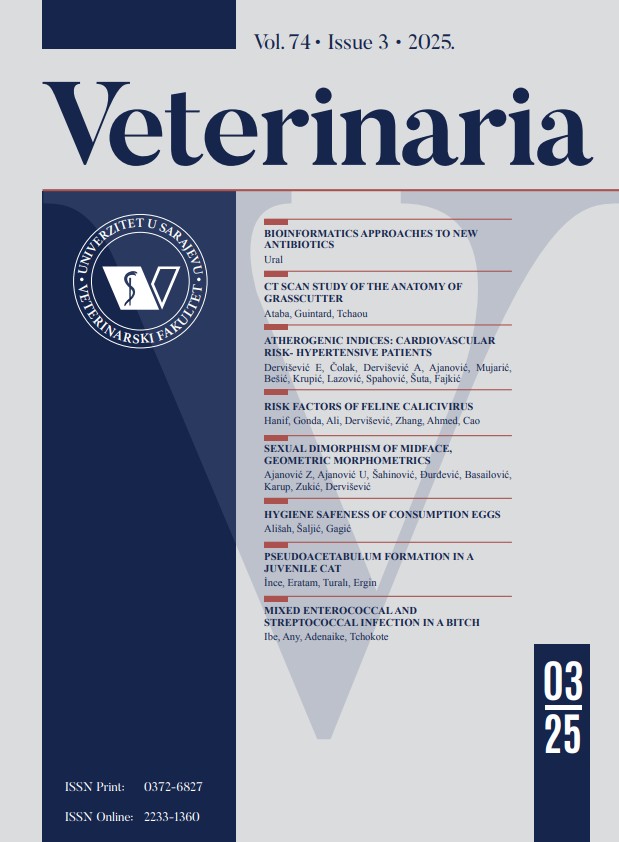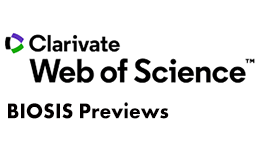Radiological assessment of marine species in Neum bay (Bosnia and Herzegovina): Implications for one health and food safety
DOI:
https://doi.org/10.51607/22331360.2025.74.S1.83Keywords:
Bioindicator species, environmental radioactivity, food safety, One Health, radionuclide riskAbstract
Environmental radioactivity is often an overlooked factor in the
One Health framework, despite its potential to impact human
health through bioaccumulation and trophic web transfer. This
study presents a radiological assessment of marine species along
Bosnia and Herzegovina’s Adriatic coastline, using mussels
(Mytilus galloprovincialis) and sea cucumbers (Holothuria sp.)
as bioindicator species.
Samples from each species were collected from Neum Bay and
analysed using gamma spectrometry. Activity concentrations
of radionuclides K-40, Be-7, Pb-210, Cs-137 and Ra-226 were
determined based on their characteristic gamma emission lines
or those of their decay products. All activity concentrations are
expressed on dry weight (d.w.).
In mussels, the dominant radionuclide was K-40 (340.6 Bq/kg),
followed by Pb-210 (15.6 Bq/kg), Be-7 (14.5 Bq/kg), Cs-137
was present at low level (0.1 Bq/kg), and Ra-226 was below the
detection limit (<0.4 Bq/kg). In contrast, sea cucumbers showed
lower K-40 activity (123.4 Bq/kg), but higher levels of Pb-210
(49.8 Bq/kg), Be-7 (36.9 Bq/kg), and detectable Ra-226 (7.7
Bq/kg), while Cs-137 was not detected.
The activity concentration of Po-210 in Mytilus galloprovincialis
was not measured directly, however it can be estimated using
established relationship between Po-210 and Pb-210 observed
in mussels, particularly from the MARIS program. Using
a conservative ratio of 15:1, the estimated 210Po activity
concentration in Neum Bay mussels is approximately 90 Bq/
kg (f.w.).
From a public health perspective, it is likely that ingestion dose
would be underestimated due to the absence of alpha-emitting
Po-210 data in mussels. These findings highlight the importance
of integrating environmental radionuclide monitoring into food
safety and marine ecosystem protection strategies, particularly
in under-monitored regions such as Bosnia and Herzegovina.
Downloads
Published
How to Cite
Issue
Section
License
Copyright (c) 2025 Nejra Karaman, Mirza Čelebičić, Nedim Mujić, Nedžad Gradaščević

This work is licensed under a Creative Commons Attribution 4.0 International License.








